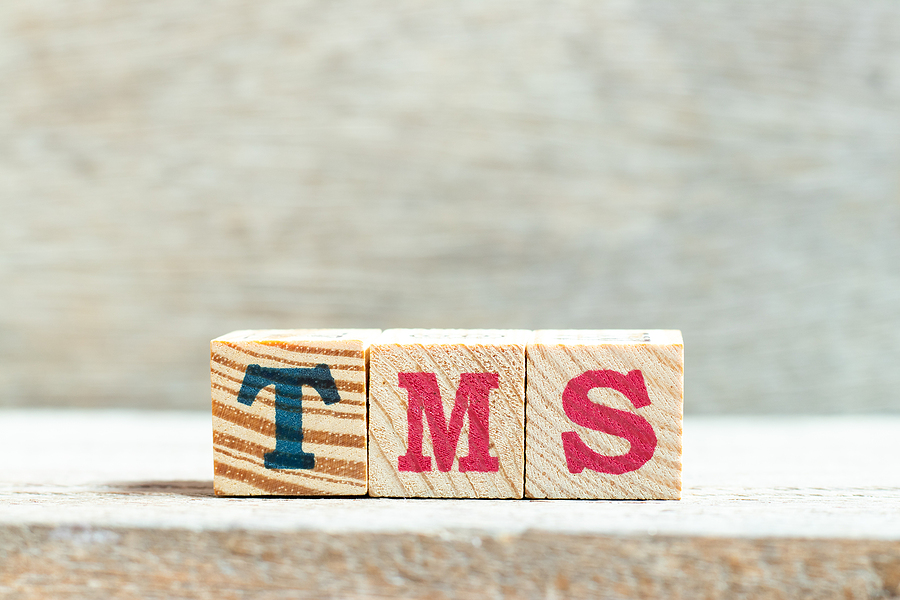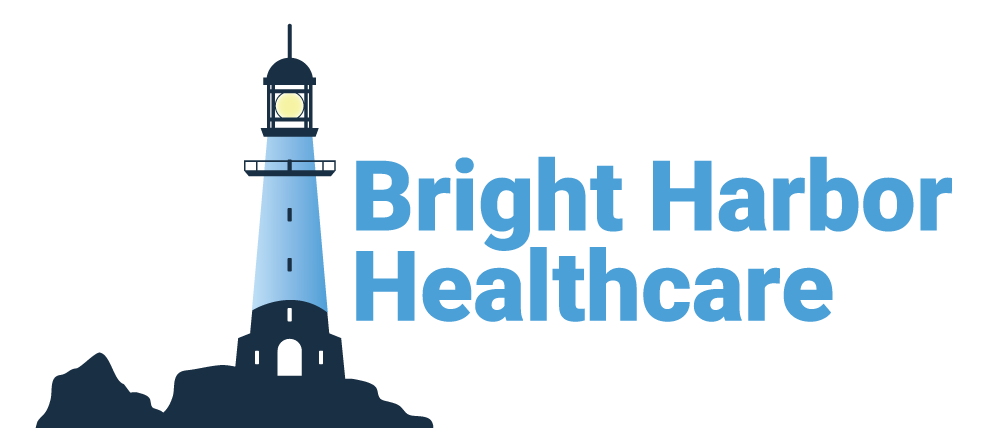Most individuals will experience the feeling of depression from time to time in life. Life is hard; it’s full of ups and downs. With that said it’s unrealistic to be “happy” all the time. Sadness and depression are normal feelings to experience when dealing with difficult times in our lives. But how do you know if you are experiencing a depression that is manageable or a depression that TMS in NJ may be able to treat?
If your life is being impacted by persistent and ongoing feelings of sadness, loss of interest in activities, and feelings of hopelessness and helplessness, you may have a more significant case of depression. If these feelings are impacting your ability to sleep, go to work, spend time with family and friends, and even take care of yourself, chances are, you’re experiencing a form of diagnosable depression.
What is Depression?
Depression is a medical condition; a feeling; a state of one’s mind. Depression means different things to different people. For some, depression may be a feeling that comes and goes related to certain life events. For others, depression may be experienced due to an imbalance of chemicals in the brain.
Depression is a change in mood that usually involves feeling sad or down for most of the day, most days of the week. It impacts the way a person feels, affects their mood, and can impact their actions and thought processes. Depression often causes people to feel tired, unmotivated, and may cause problems sleeping.
Bottom line: depression has a negative impact on people’s lives. People struggling with depression may try several different treatments and not get the relief they are looking for. If this sounds like you or a loved one, TMS in NJ may be an option.
What Causes Depression?
Depression can be caused by several different sources. Most people are familiar with the idea that depression is a result of something happening with brain chemistry. When chemicals in the brain are not functioning correctly, it can cause depression.
Family history can also play a role. If you have someone in your family who has or had depression, you may be at a greater risk to develop depression.
Stress and trauma can be other causes of depression. Stressful and traumatic events can lead to a person experiencing depression in their life.
Additionally, there are some medical conditions like Parkinson’s disease, cancer, and MS that can cause depression. Medications, drugs, and alcohol are also known to cause depression or make existing depression worse.
Types of Depression
There are several different types of depression so let’s break down a few of them. The National Institute of Mental Health tells us about a few common types of depression:
- Dysthymia, or Persistent Depressive Disorder is when a person experiences a depressed mood that lasts for at least two years. During this time, people may experience major depressive episodes along with time frames of less impairing depressive symptoms.
- SAD, or Seasonal Affective Disorder is when depression starts during the winter months when there is less sunlight. The depressed mood typically lifts in the spring when more natural sunlight is available.
- Major Depression, or Major Depressive Disorder occurs when a person experiences very intense and overwhelming symptoms of depression. This type of depression impairs a person’s everyday life and ability to function.
- Postpartum Depression can occur during and after pregnancy. It can range from mild depressive symptoms and anxiety or be more serious and involve symptoms of a major depressive episode. These feelings can make it difficult for new mothers to care for their newborns and or for themselves.
- Premenstrual Dysphoric Disorder or PMDD typically affects women during the days and weeks leading up to the menstrual period. They can experience feelings of depression, anxiety, and emotional dysregulation.
While this is not an exhaustive list of all the types of depression, it does cover some of the most common forms.

How to Tell If You’re Depressed
There can be many different signs or symptoms that a person is depressed. Everyone will not experience every single symptom. Diagnosing depression is based on working with an appropriately credentialed mental health professional to review your symptoms of depression. Common symptoms of depression include:
- Ongoing feelings of sadness, anxiousness, or feelings of detachment
- Feeling hopeless, and or helpless
- Feeling pessimistic more than usual
- Feeling irritable more than usual
- Experiencing feelings of guilt and worthlessness
- Loss of interest in previously enjoyed activities and hobbies
- Feeling tired
- Trouble concentrating, making decisions, or remembering things
- Changes in sleep patterns: trouble sleeping or sleeping too much
- Changes to appetite
- Thoughts of death or suicide
- Feeling aches, pains, headaches, or GI issues that are not caused by a physical issue and do not subside with treatment
Treatment for Depression
There are a few options to consider when looking for treatment. Let’s examine a few, including TMS in NJ.
Talk Therapy
Also known as counseling or therapy, it can be an effective treatment for depression used by itself or in combination with medication. People seeking this kind of treatment can seek out licensed mental health professionals who will meet with them to diagnose their depression and develop goals for therapy.
During therapy sessions, the patient and the therapist work together to discover patterns in behavior or thoughts that can be causing the depression, as well as develop interventions and activities to help alleviate the depression.
Medication for Depression
When it is suspected that problems with brain chemistry are causing depression, medications can be very helpful. There are a few different kinds of medications and antidepressants available to treat depression. Because everyone is different, different medications will work for different people. Medications usually take up to six weeks to start feeling the benefit. Doctors can make changes to the medication dose based on how the person is feeling and if the depression is lifting.
Electroconvulsive Therapy or ECT
Sounds a bit scary right? ECT is used to treat major depression when therapy and medication have not worked. ECT is usually used as a last resort to treat depression. It involves a brief electrical stimulation being administered to the brain while the person is sedated.
TMS
TMS stands for transcranial magnetic stimulation. There is no sedation or electrical current involved. TMS in NJ may be what you are looking for if you’ve tried medications and talk therapy, and still are not experiencing the relief you want from depression.
During TMS therapy, short magnetic pulses are used to stimulate nerve cells in the brain. A specific part of the brain is targeted with magnets that are responsible for emotional judgment and mood regulation. During the TMS therapy session, patients typically watch TV, relax, or engage in conversation with the trained clinician.

Ready to Treat Your Depression With TMS in NJ?
If outpatient treatment is unavailable to you or is simply not working, it’s time to consider TMS. Thankfully, Bright Harbor Healthcare has no waitlist for TMS therapy. If you find yourself in need of an effective treatment for depression and answered “yes” to the questions above, TMS therapy may be the treatment you’ve been waiting for.
TMS therapy is FDA approved and covered by most major insurances. Best of all, it’s non-invasive. Our professionals are eager to help you receive the depression treatment you’ve been waiting for. Reach out to Bright Harbor Healthcare to get started.

